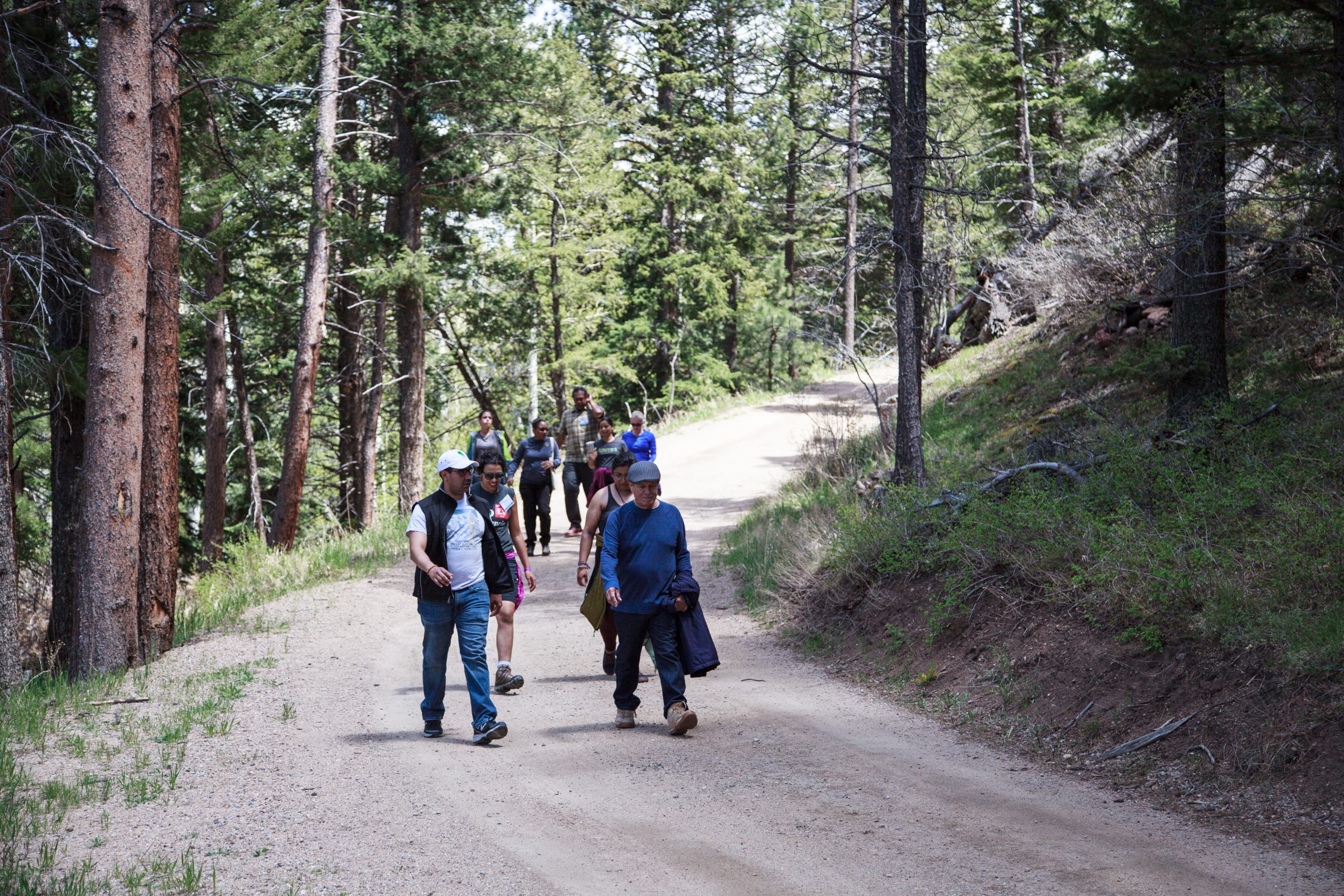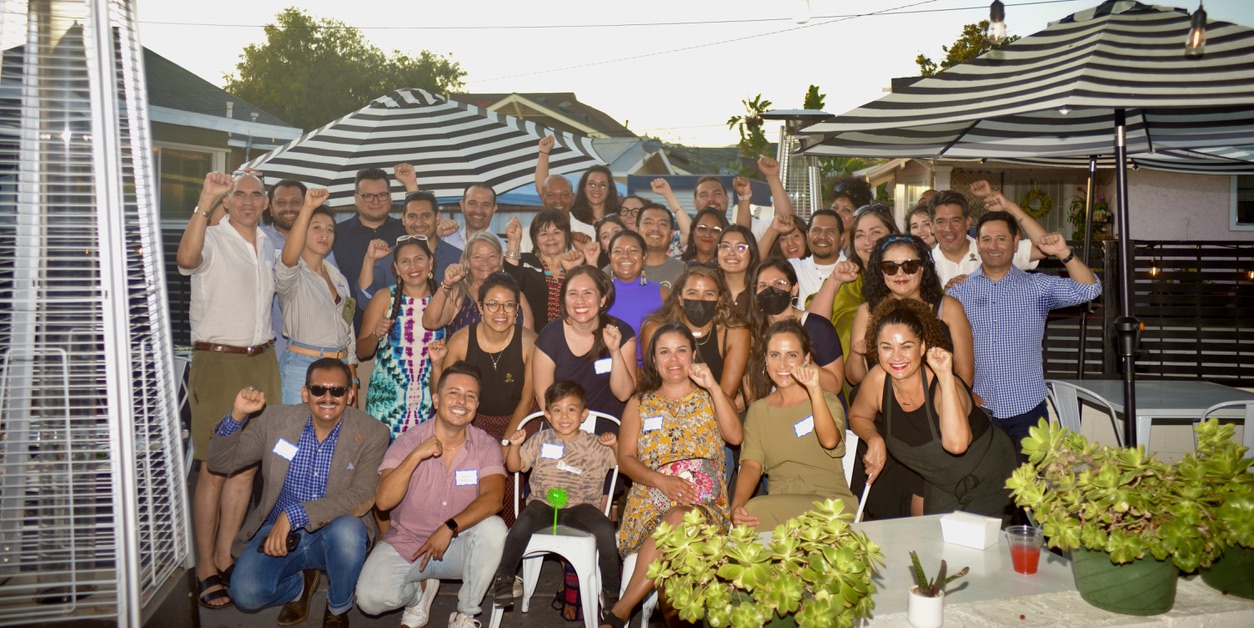Bringing EVs to Latine Communities Thru Direct Engagement and Education
By: Andrea Marpillero-Colomina, Sustainable Communities Program Director
EVs are the future of cars, but information about how they work and how much they cost is not accessible to everyone, despite several government programs incentivizing consumers to purchase EVs and huge amounts of federal funding to rapidly expand charging infrastructure. Lower-income families, renters, and people of color have not been adequately reached in EV education and outreach efforts.
Recognizing this challenge, GreenLatinos, Avanza EV, Citizen Energy, and Ideas for Us embarked on a pilot EV engagement project in two Latino/e communities in Maryland funded by the GM Climate Equity Fund. The project was designed to help low-income Latine/o people understand more about purchasing and using an EV, from navigating charging technology to understanding how to take advantage of the purchase incentives offered by the federal and state government.
We began the project knowing that lower-income consumers and people of color are less likely to own EVs and to think that EVs are a viable option to them – both in terms of sticker price, or perceptions about how much EVs cost, and a lack of access to charging infrastructure.
In choosing the project area, we used a census tract map to help determine the percentage of the Latino/e population in both the project areas; Glenmont Forest Apartments had a Latino population of 52.5%, while Sheridan Apartments had 56.8%. During the course of the project, the Avanza EV / Citizen Energy team implemented bilingual EV education for 600 households, and built a contact list of 116 individuals interested in learning more about purchasing an EV.
To assess the success of our engagement program, GreenLatinos designed a survey (in English and Spanish). This brought some unexpected challenges; early on in the process it became clear to the Avanza EV team the original survey design could not be administered as planned due to participant literacy issues. Towards the end of the engagement program, the Avanza EV team learned that many of the program participants did not know how to read, and therefore were unable to fill out a written survey. Because the deadline was approaching to deliver the project, the Avanza EV team simplified the survey as much as possible and administered it by verbally asking the survey questions and recording the spoken responses on the form.
Ultimately, the survey was taken by 100 of our participants, and found that a vast majority of participants (76%) are potentially interested in purchasing an EV. 38% answered affirmatively when asked if tax incentives influence their decision-making process when considering an EV, but another 30% said they aren’t sure whether tax incentives are an influencing factor.
The fact that almost as many of our participants are unsure whether to consider tax incentives as a factor in their decision-making helps to illuminate that we have much more work to do in this arena. What kinds of education and support do potential EV consumers need, and how can programs better reach them? To fully answer these crucial questions as we collectively drive toward an EV future, policymakers and advocates, along with automakers and charging technology companies must fully engage and learn from all communities. Only then will we achieve an EV future for all.




